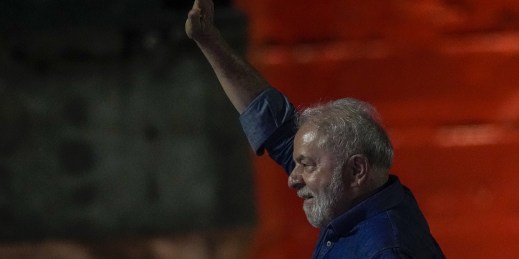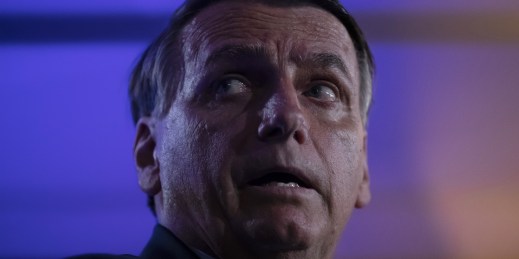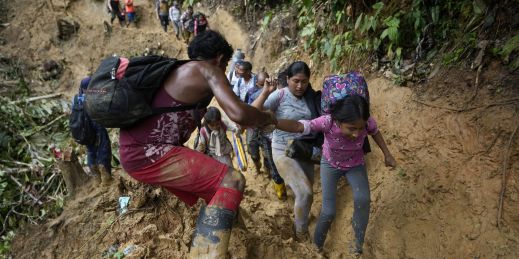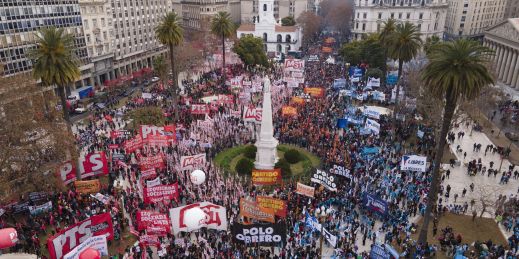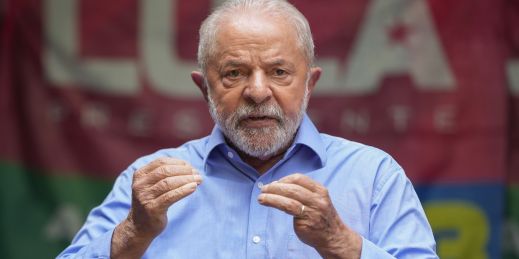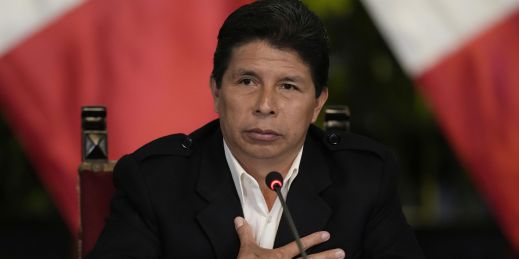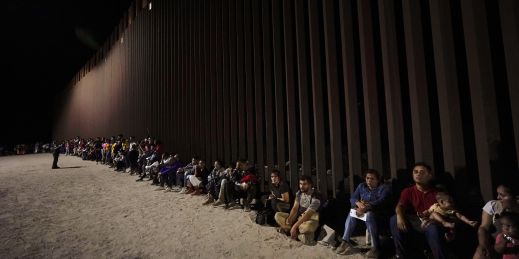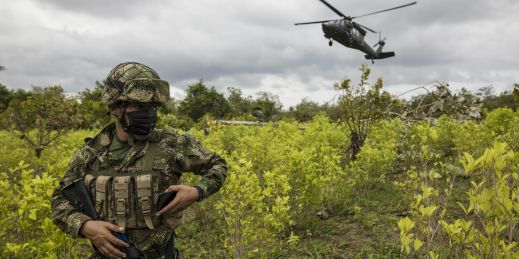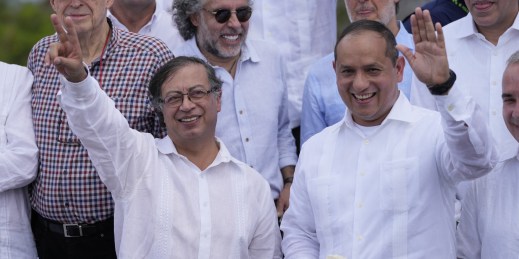
A key aspect of Colombian President Gustavo Petro’s ambitious “Total Peace” plan is resuming negotiations with the largest remaining rebel group in Colombia—the ELN. Warming ties between Colombia and Venezuela remove one obstacle to that objective. But other remaining challenges mean that progress will be slow and difficult.

